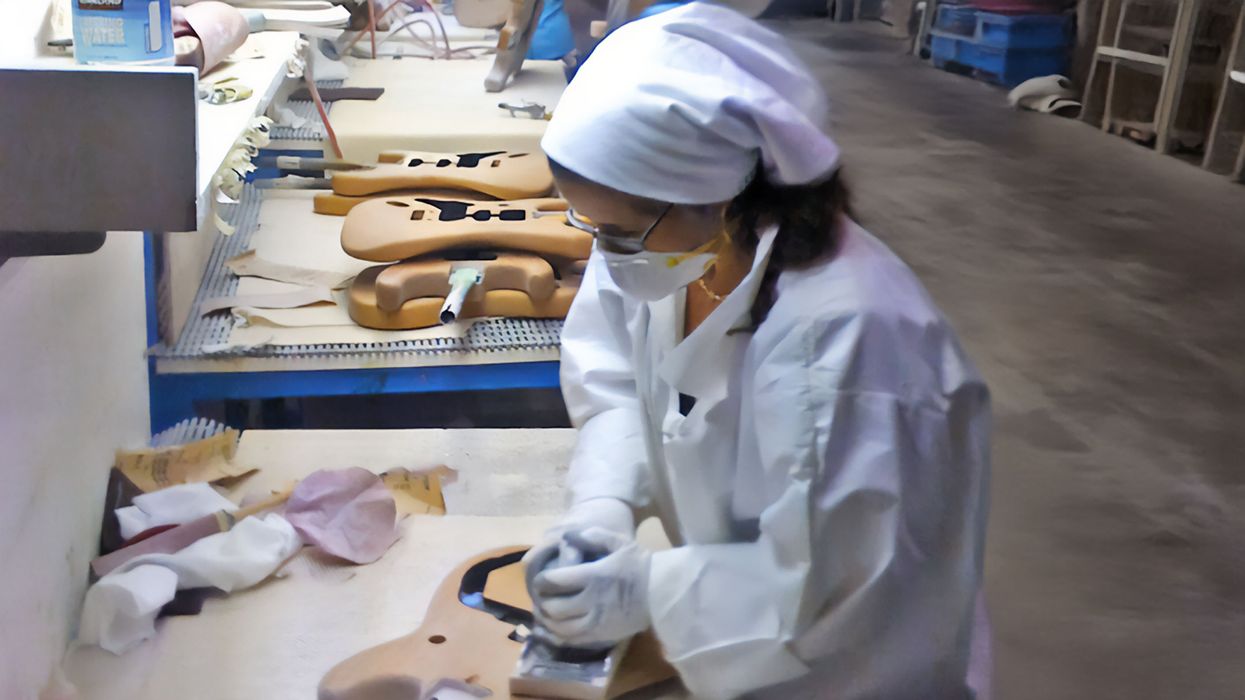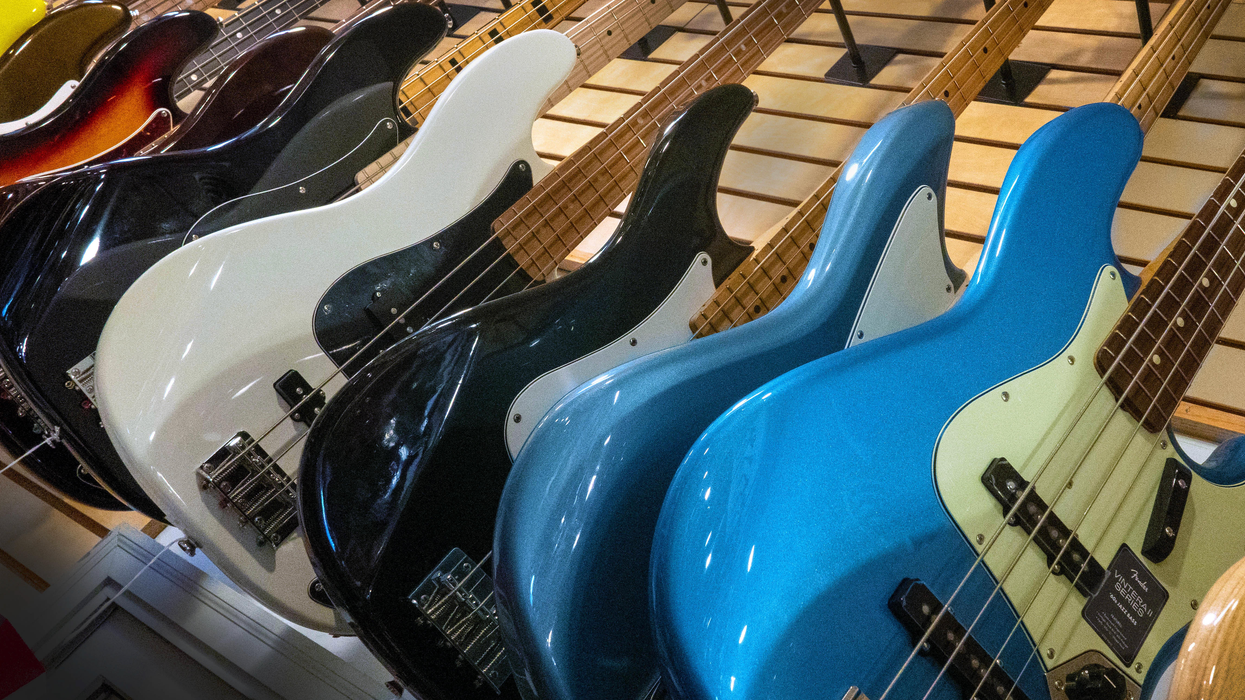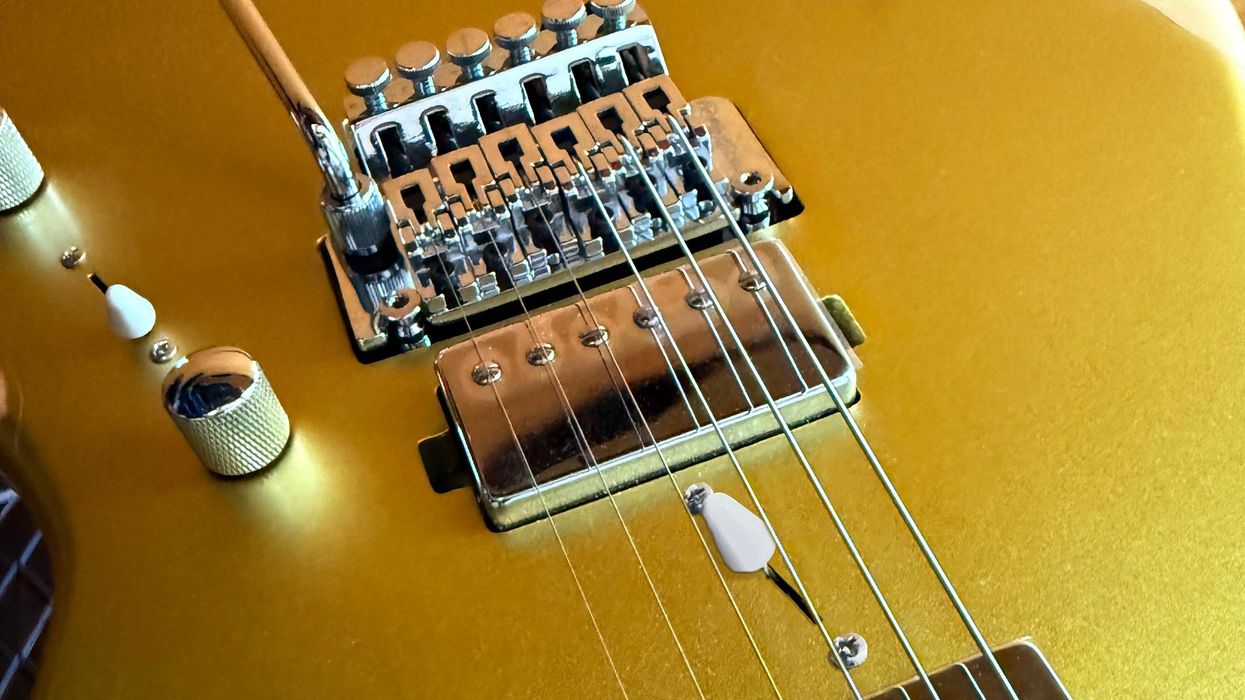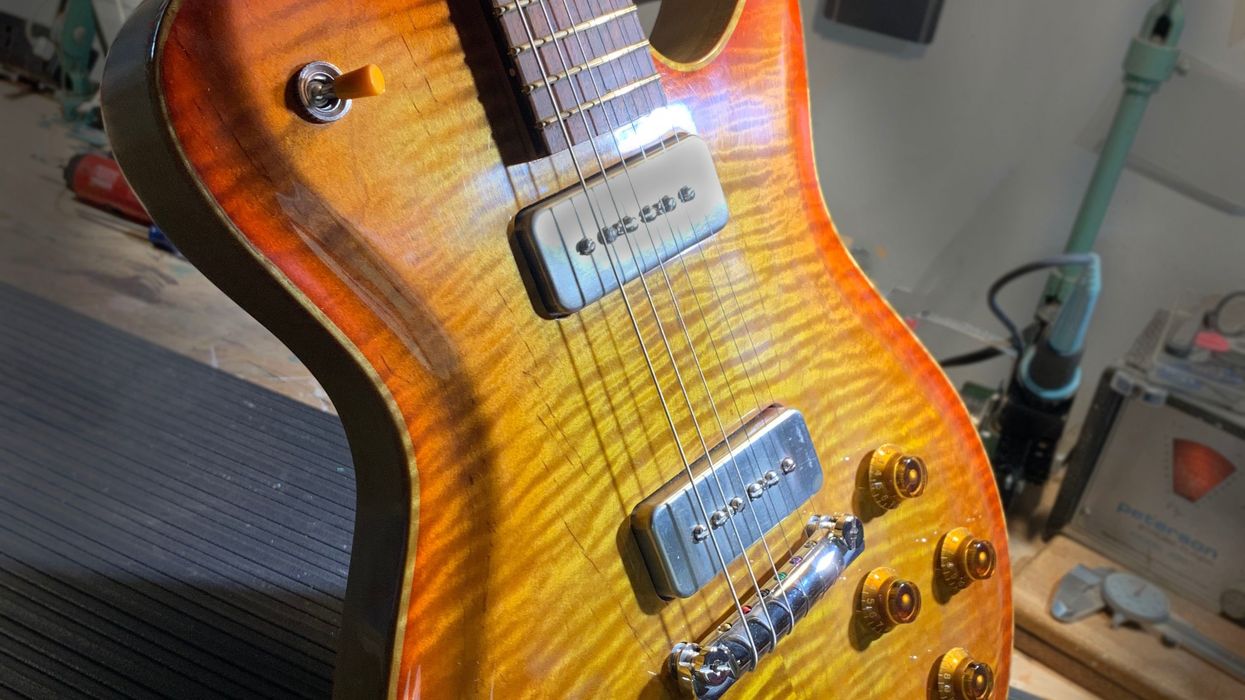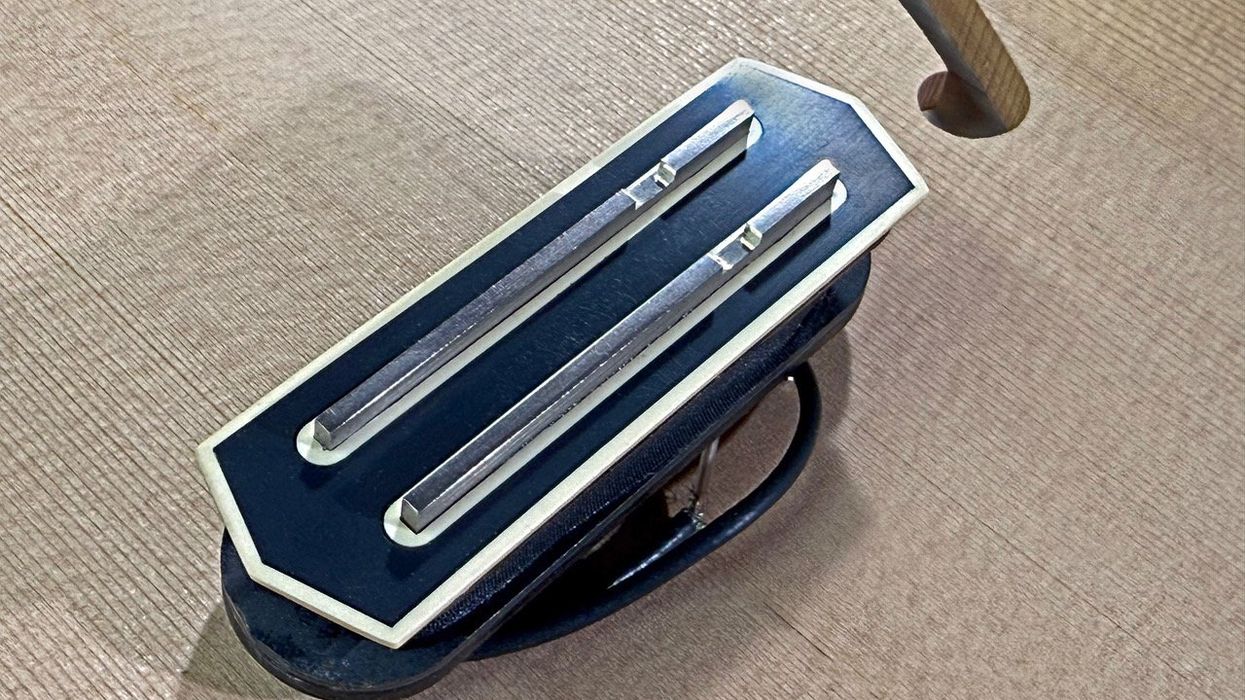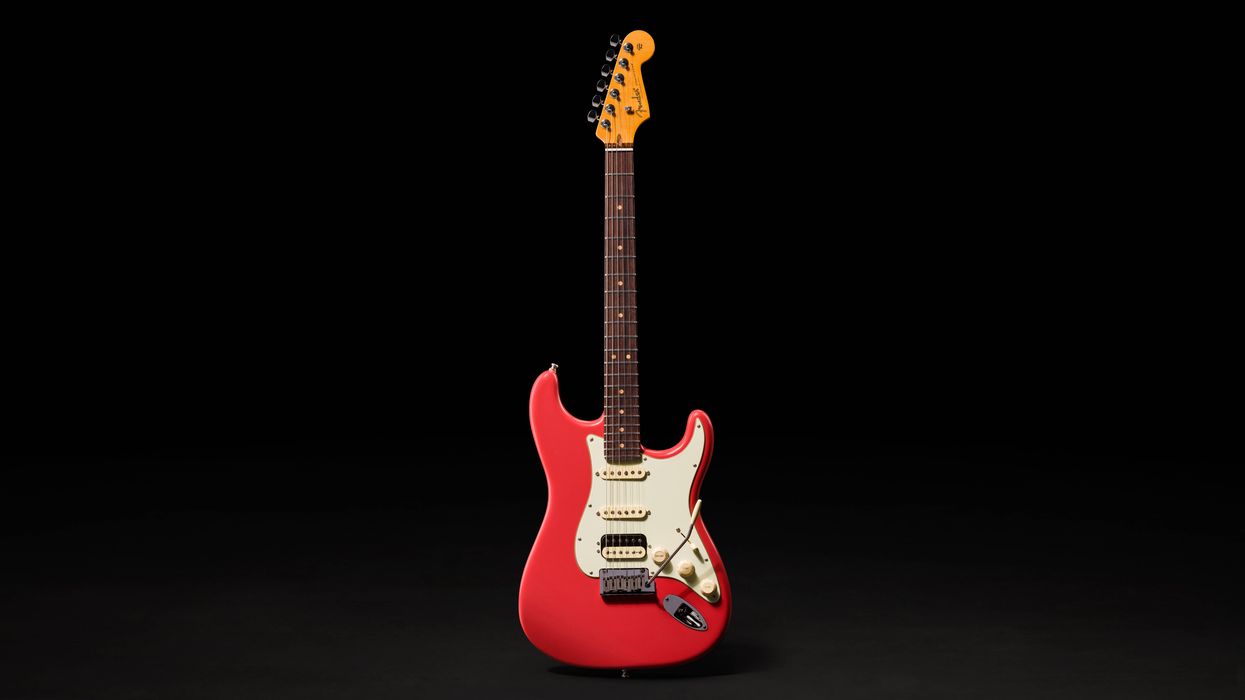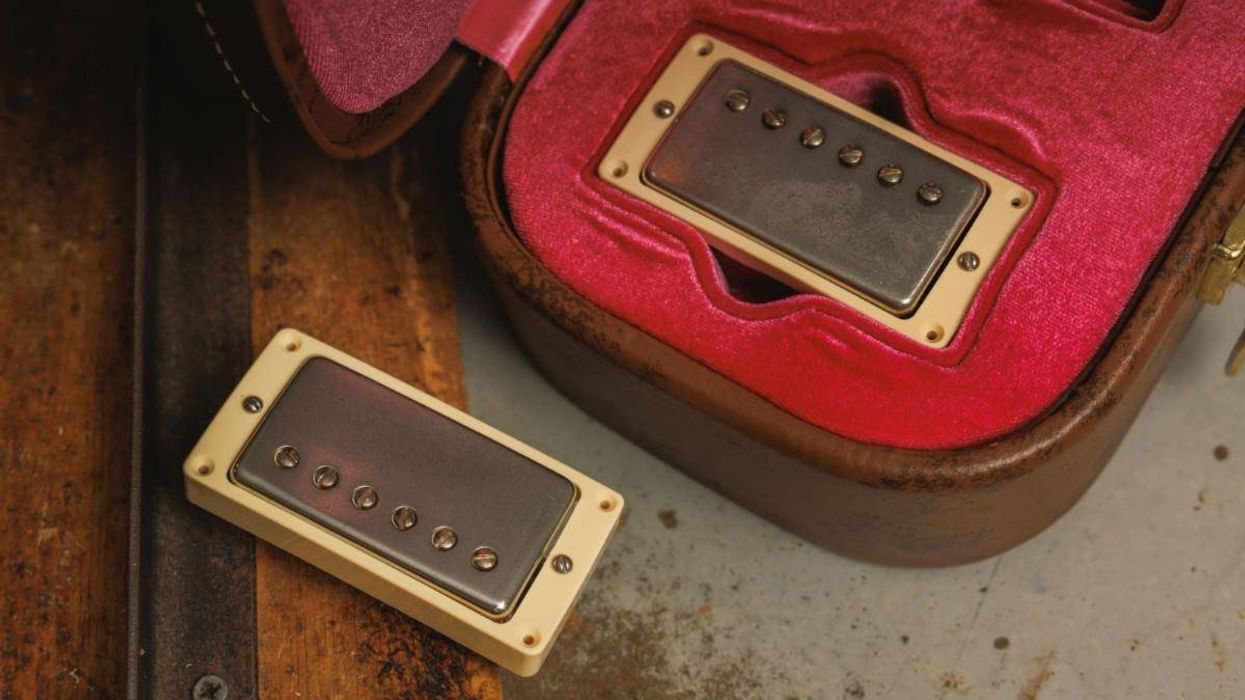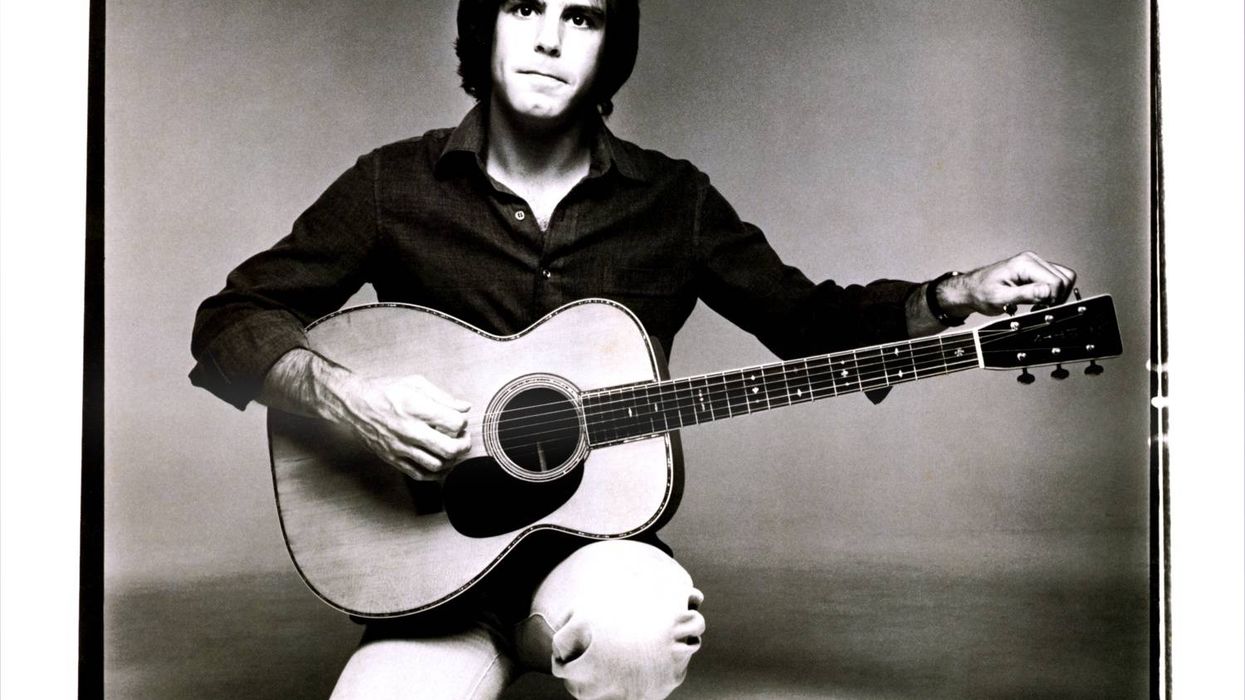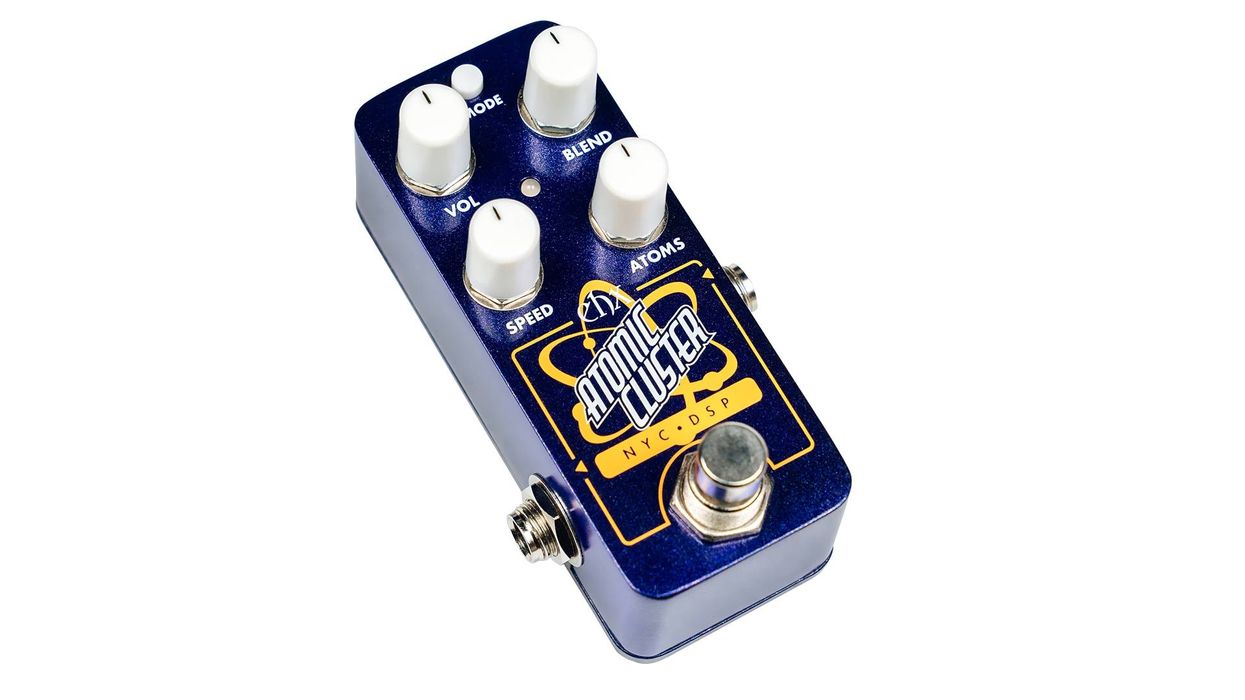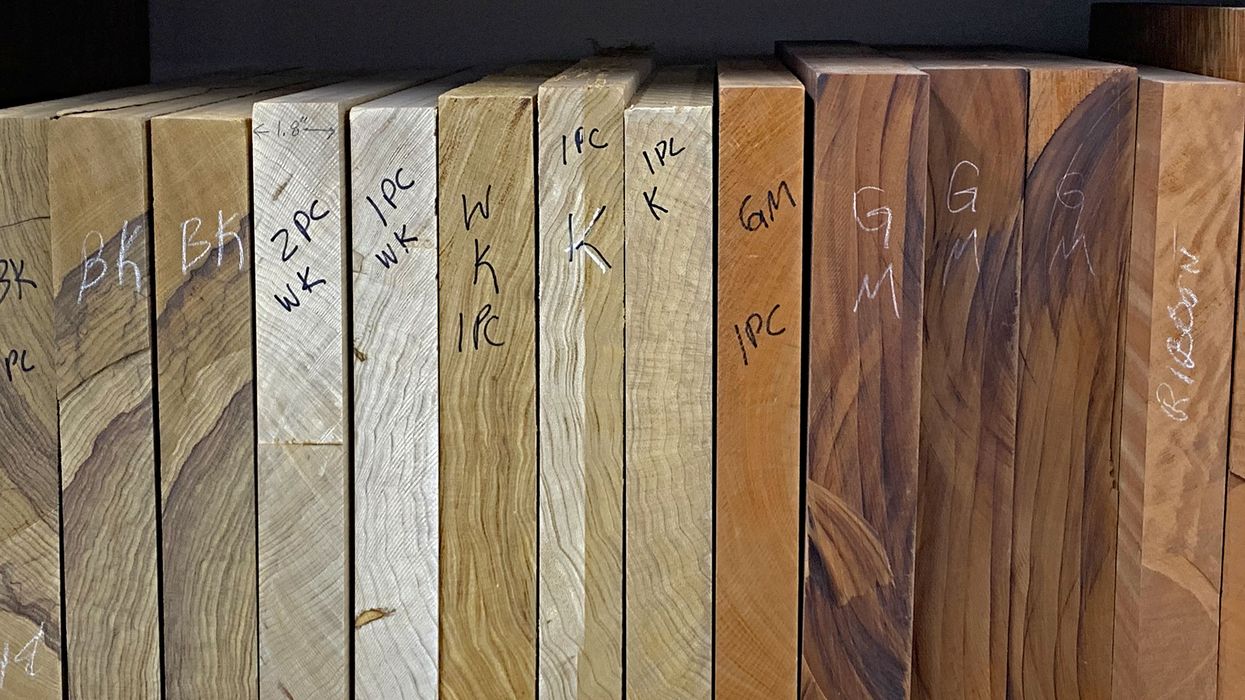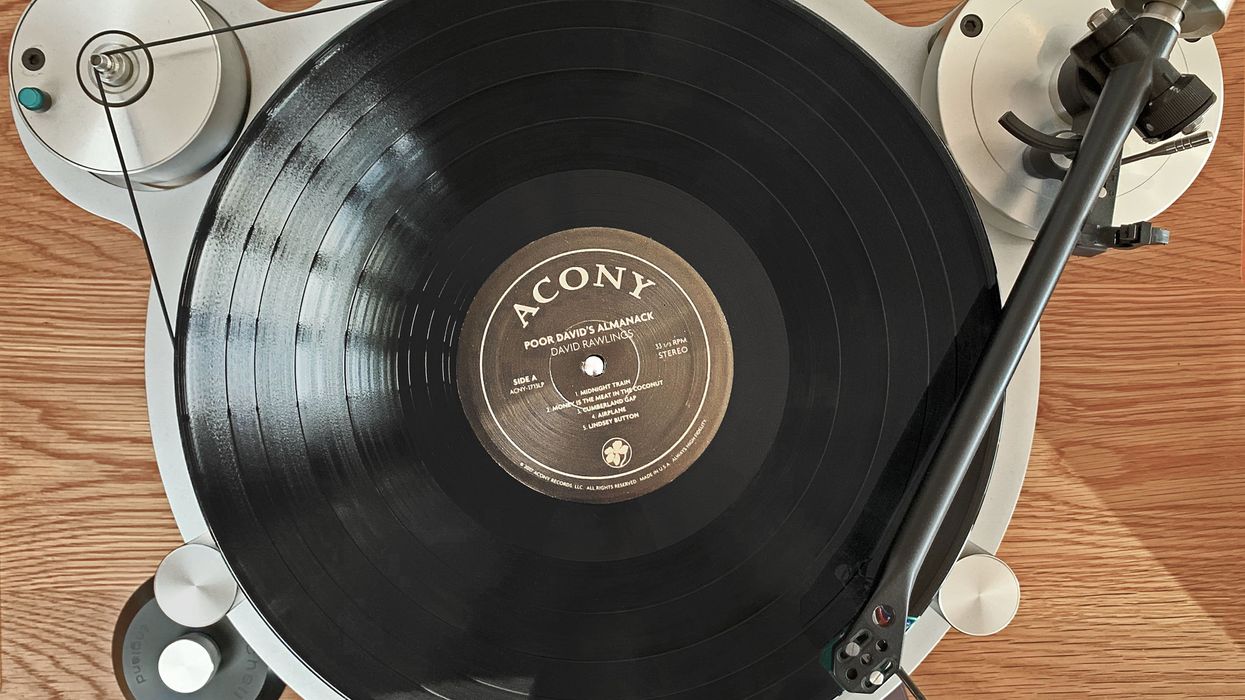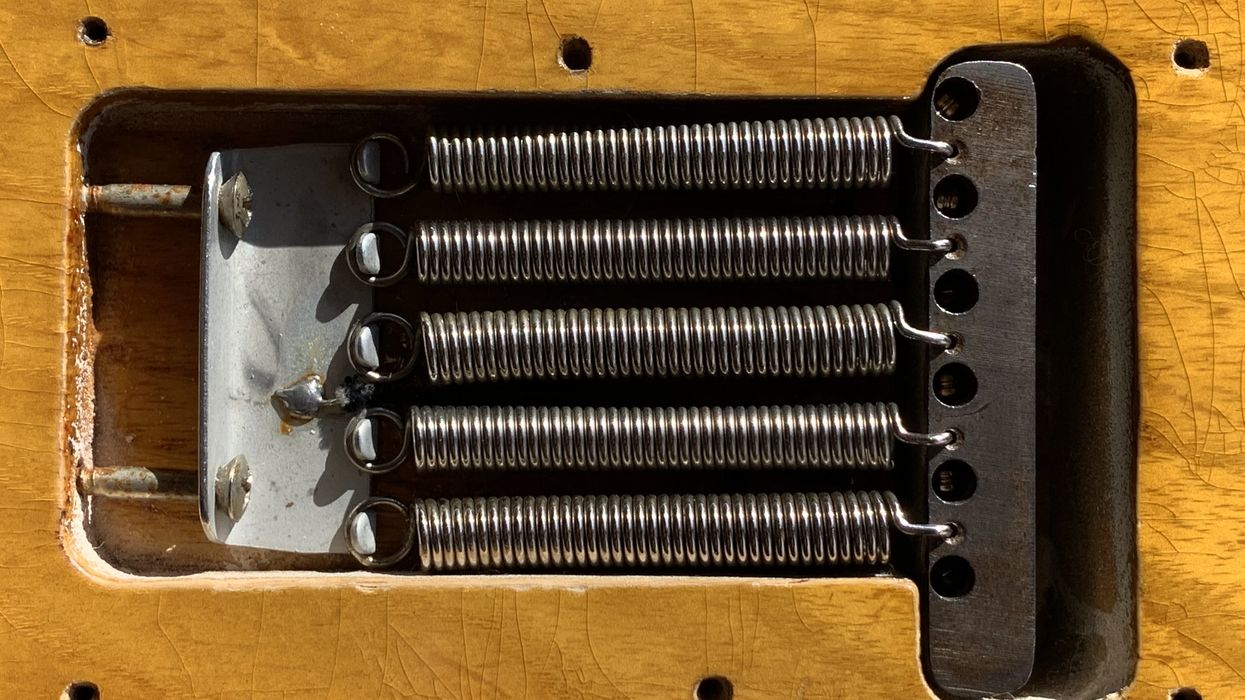Who doesn’t like a sweet, sustaining, saturated guitar sound? I know I do, but I also love a clear and full clean tone maybe even more. Dirty or clean, to me a guitar sounds like a million bucks when the tubes are glowing and the playing flows. But most of the time I’m in the workshop making lots of dirt, and I don’t mean the overdriven amplifier kind. Making guitars can be a dirty business. Carving wood, plastic, and steel into a majestic instrument creates a lot of mess, and eventually you have to sweep your way clear.
Half a century ago, a mentor passed on this advice: The best way to clean up a mess is to not make one in the first place. Maybe this sounds quaint, but I assure you that it is good for business—any business. It doesn’t matter if you make pedals, guitars, amps, or even music, mess is money down the drain. Not only that, it’s a psychological strain on you that saps your energy and makes you careless.
When I worked at Fender, I was part of a team that was charged with revamping departments for efficiency, safety, and worker well-being. I can’t say that we made a huge difference, but I learned a lot that I could apply to my own shop and a host of other businesses. One thing there we didn’t have to fix was cleanliness. Despite the gargantuan scale of the enterprise, all of the factories are incredibly clean, especially considering the amount of materials that get processed. It reminded me of the race cars and shops of Roger Penske, who understood that a clean, organized workplace sets the tone for excellence. It’s also difficult to pinpoint problems when areas are cluttered, and you can’t see what’s going on clearly.
Beyond the obvious advantages of keeping things organized, there is another benefit created by keeping things clean, one that I’m surprised that more shops I visit (and see in videos) don’t understand. Sooner or later, you’re going to have to stop making your product and clean up. When you’re buried in debris, straightening up is time-consuming, and time is money. When you determine your cost per unit, whether it’s guitars, amps, or even rehearsal time, do you factor in the hours you spend cleaning up? It may not seem like much, but it can really add up. Regardless of if you own a shop or are in a band, if you create a tangle every time you work, the time you spend undoing it is time you could have been with your friends, family, or doing anything else.
A well-designed work area that reduces clutter will save your health and save you money. You don’t have to be a big organization to justify some basic cleanliness improvements like a good dust-collection system, either. It doesn’t have to be a huge investment. There are a slew of affordable mobile dust-collectors/vacuums with adjustable arms that can be rolled from task to task.
"When you determine your cost per unit, whether it’s guitars, amps, or even rehearsal time, do you factor in the hours you spend cleaning up?"
Stop blowing dust off your workbench or machinery onto the floor—picking it up later is like throwing profit away. Everybody benefits because cleanliness improves efficiency that reduces passing unneeded costs on to your customers. Over the course of a year, cleaning up 60 minutes a week adds up to almost seven days’ worth of time you could be using for something better, and who doesn’t want an extra week?
I’ve found that if you build cleanup time into your daily routine, it reduces stress as well. It’s important to create procedures that promote a constant state of improvement and order. After a gig, pro techs have a mandated way of breaking down and stowing gear that avoids confusion when the next setup happens. Daily routines of maintenance and cleanup catch problems before they stop the show or cripple production. If you habitually clean the spilled beer off your cables and amplifier, you’re making it easier for yourself in the long run. I know this all seems pretty obvious to some of you, but I’ve learned from master Kaizen practitioners that there’s always a higher level to reach for. If you are a one-person shop or a weekend warrior musician, those steps can really make a difference.
I suppose the reverse is true for me. If I apply this multi-tiered improvement regime to my guitar playing, I’d probably be a lot happier with my proficiency. An old dog can learn new tricks, and that’s exactly what I mean to do. So when I step on that distortion pedal, it will be the only dirt I deal with.